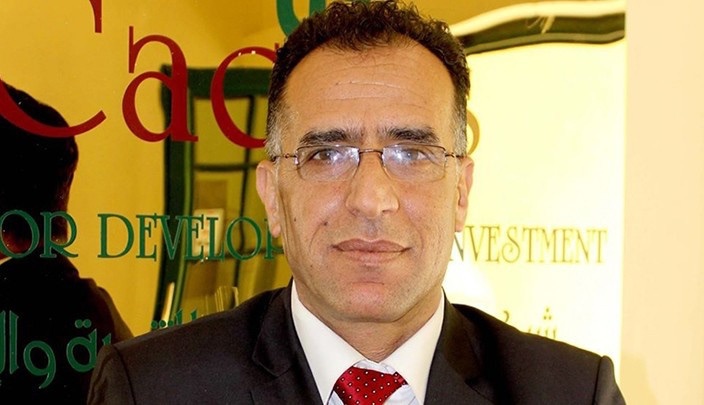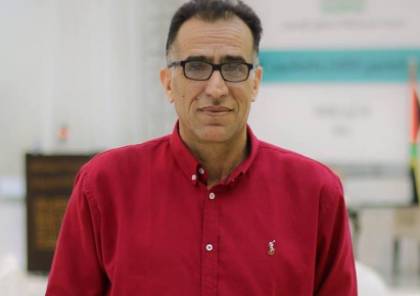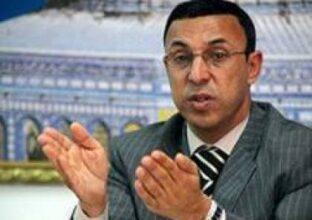Gaza: Between a deal and a protracted war
Al-Khamisa News Network - Gaza

Mustafa Ibrahim
The Israeli scene is witnessing an evolving divergence within the security and political establishment over the course of the war in Gaza, between a partial-deal option to secure the release of hostages and a broad military escalation to seize control of the city. This was apparent in the recent security and political cabinet meeting, where differences emerged between the security chiefs and Prime Minister Benjamin Netanyahu, though they did not reach the level of a deep split.
So far, the army and security services have not presented an integrated plan to end the war, which can be interpreted either as part of a deliberate policy to keep Hamas in a state of uncertainty or as a shortfall in assessing the situation. Nevertheless, the security establishment’s priorities appear clear: recovering as many hostages as possible before resuming military operations.
By contrast, Hamas views any partial deal as nothing more than a temporary truce, quickly followed by Israel’s return to war, as Israeli political and military statements assert. Consequently, the movement lacks a genuine incentive to agree, and even if it did, the fate of the remaining hostages would keep the crisis poised to erupt again.
Haaretz revealed that security chiefs — Chief of Staff Eyal Zamir, Mossad chief David Barnea, and the acting head of the Shin Bet — recommended the partial deal, warning that a full-scale military operation would not deliver a decisive outcome against Hamas but would burden Israel with human and temporal losses, and could impose long-term military rule in the Strip.
Netanyahu, however, flatly rejected that path, arguing that Israeli deterrence was at stake and that any partial deal would make Israel look like it had yielded to Hamas. According to Channel 13, he said he had the backing of U.S. President Donald Trump to press ahead with a wide military operation, which bolstered his standing before the ministers.
The discussion was not free of attempts to muddy the waters: right-wing ministers such as Yariv Levin and Bezalel Smotrich proposed using the partial-deal period to impose sovereignty over the West Bank, a move that drew sharp criticism.
At its core, the dispute does not reflect a radical split so much as a difference in priorities: the security services focus on the hostages file to relieve pressure on Israel, while Netanyahu insists on continuing the war without a time limit, driven by deterrence calculations and his political fate as the election year approaches.
In the end, Palestinians remain the weakest link, paying the highest price in lives, blood and homes. With no prospect of a settlement or a comprehensive ceasefire, Gaza stands on the threshold of another year of military and political bleeding, while Israel’s international isolation grows between Netanyahu’s aims and a political impasse.






